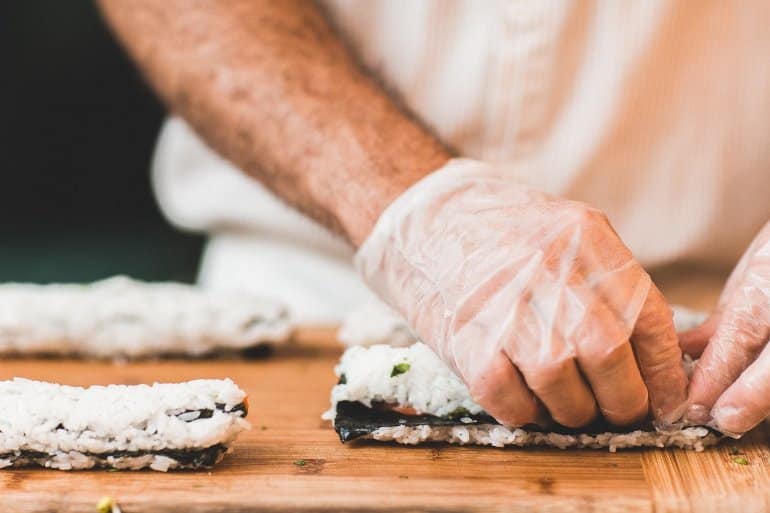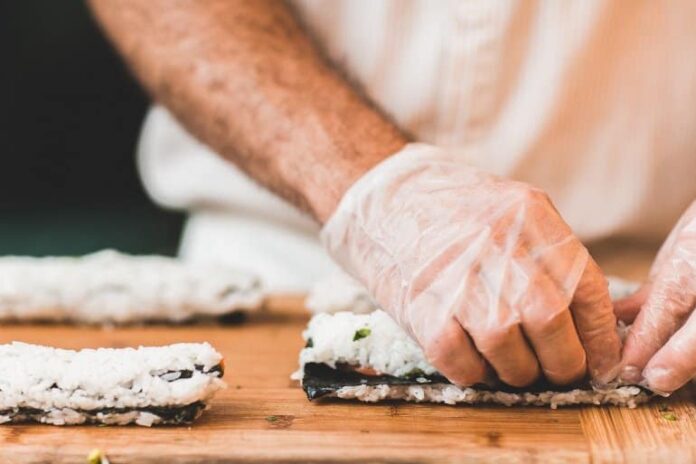[ad_1]
Summary: Actively preparing your food, or watching others prepare your meal for you, can increase your desire to eat and lead you to consume more, a new study reports.
Source: University of Surrey
During this unique study, a team of researchers led by Professor Jane Ogden from the University of Surrey investigated the impact of actively preparing or watching others prepare food (e.g., on a cooking show) versus distraction away from this focus. Researchers sought to understand how this may affect the amount of food consumed and influence the desire to continue eating.
To investigate this further, eighty female participants were recruited and assigned to one of four groups: active food preparation (preparing a cheese wrap within 10 minutes), video food preparation (watching a video of a researcher preparing a cheese wrap), distraction (undertaking a 10-minute colouring task) and a control group. All groups were then requested to eat the wrap.
Researchers measured how much of the wrap each participant ate and assessed their desire to continue eating (questions included ‘I could eat now,’ ‘I do not want to eat’ and ‘I am thinking about food’). It was found that those who had either actively prepared the wrap or watched someone else do so consumed more and reported a greater desire to eat than those in the distraction group.

Jane Ogden, Professor of Health Psychology at the University of Surrey, said: “We found that actively preparing food yourself or watching someone else prepare food can lead to increased feelings of hunger and to eating more.
“The impact of this depends on the kinds of food being prepared. If the food is lacking in nutritional value this could lead to weight gain and unhealthy overeating. However, if people are preparing their own nutritious food or watching others do the same then this could actually be a good influence, particularly if they are cooking with children as it could encourage them to eat more of the healthier foods that they may not have usually wanted to eat.”
About this psychology and food research news
Source: University of Surrey
Contact: Natasha Meredith – University of Surrey
Image: The image is in the public domain
Original Research: Closed access.
“The impact of active or passive food preparation versus distraction on eating behaviour: An experimental study” by Jane Ogden et al. Appetite
Abstract
The impact of active or passive food preparation versus distraction on eating behaviour: An experimental study
Research indicates a role for attention in the perception of hunger and food intake. The present experimental study aimed to explore the impact of attention to food cues through either active or passive food preparation, versus attention away from food cues through a non-food distraction task on eating behaviour using a preload/taste test design.
Female participants (n = 80) were randomly allocated to one of four conditions: active food preparation (making a wrap); passive video preparation (watching video of researcher making a wrap); distraction (a non-food colouring task); no time control. Measures of desire to eat (hunger, fullness, motivation) were taken before and after the interventions. Food intake was measured in terms of mass of wrap consumed and snacks consumed at a subsequent taste test.
The results showed greater wrap consumption for active and passive food preparation and the control groups compared to the distraction intervention. Further, the results showed that active food preparation resulted in increased hunger and motivation to eat and that passive food preparation resulted in increased motivation to eat. No changes were found following distraction.
To conclude, attention to food cues through both active and passive food preparation can increase both food intake and the desire to eat. The implications for promoting changes in eating behaviour are discussed.
[ad_2]
Source link













